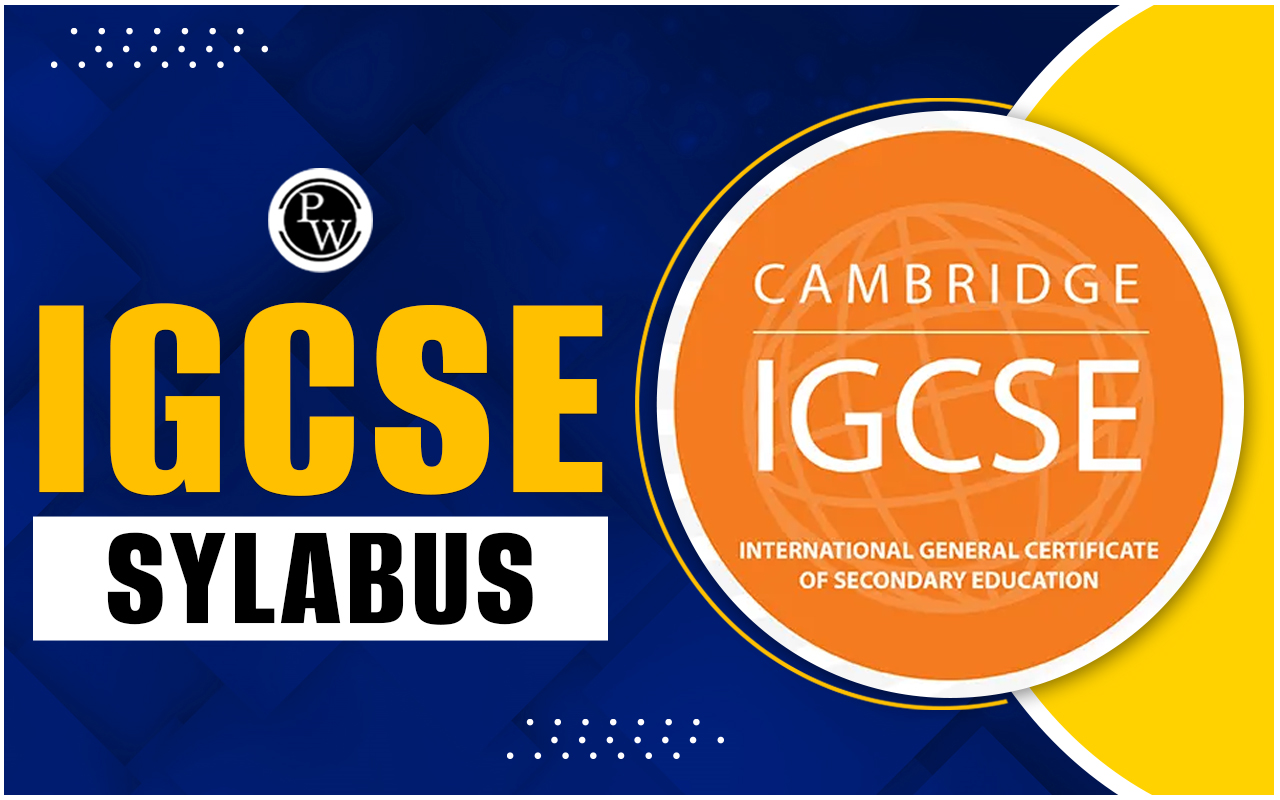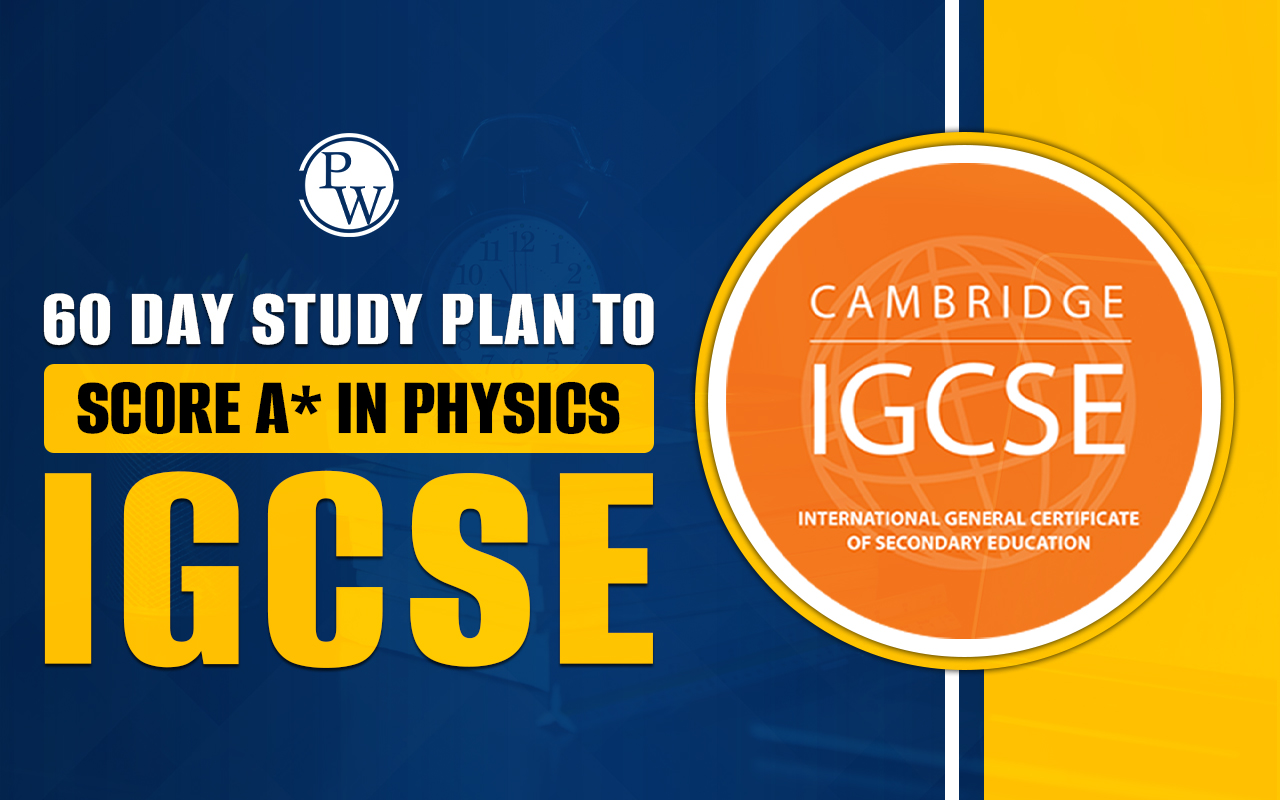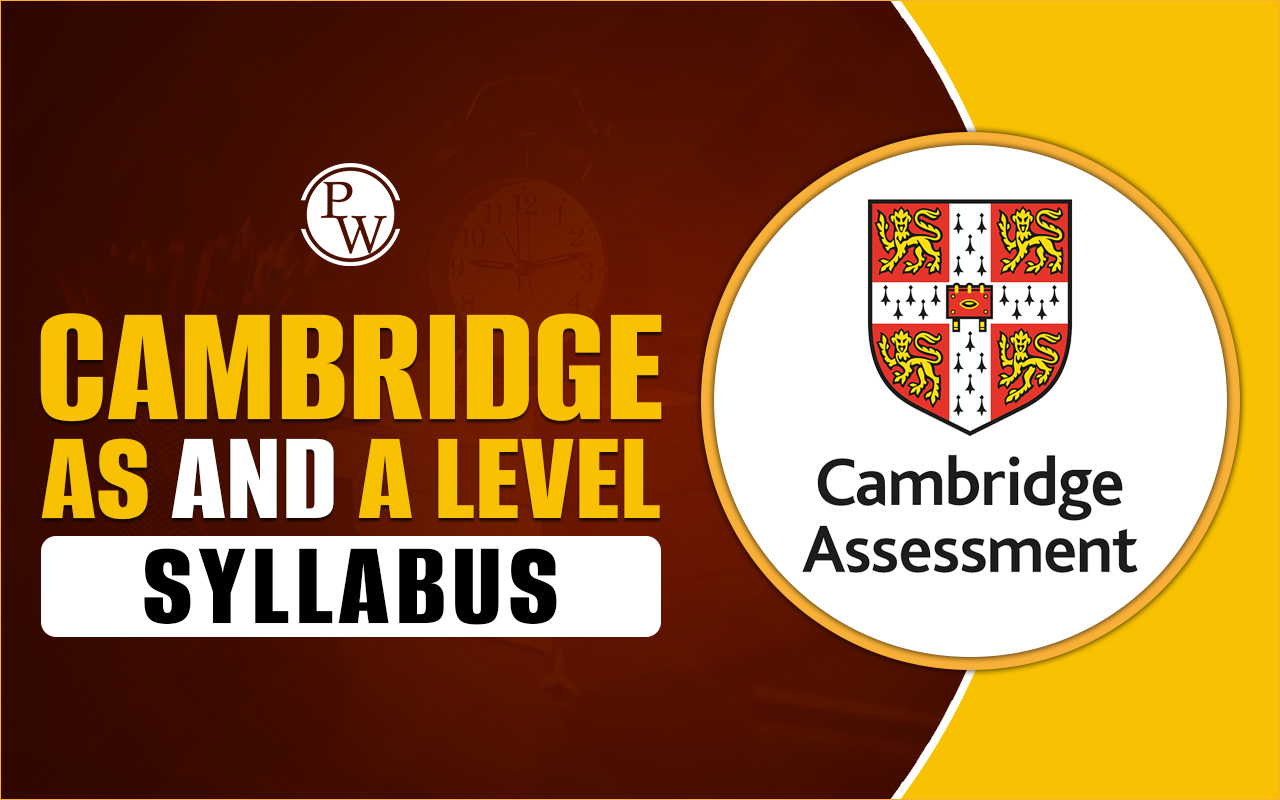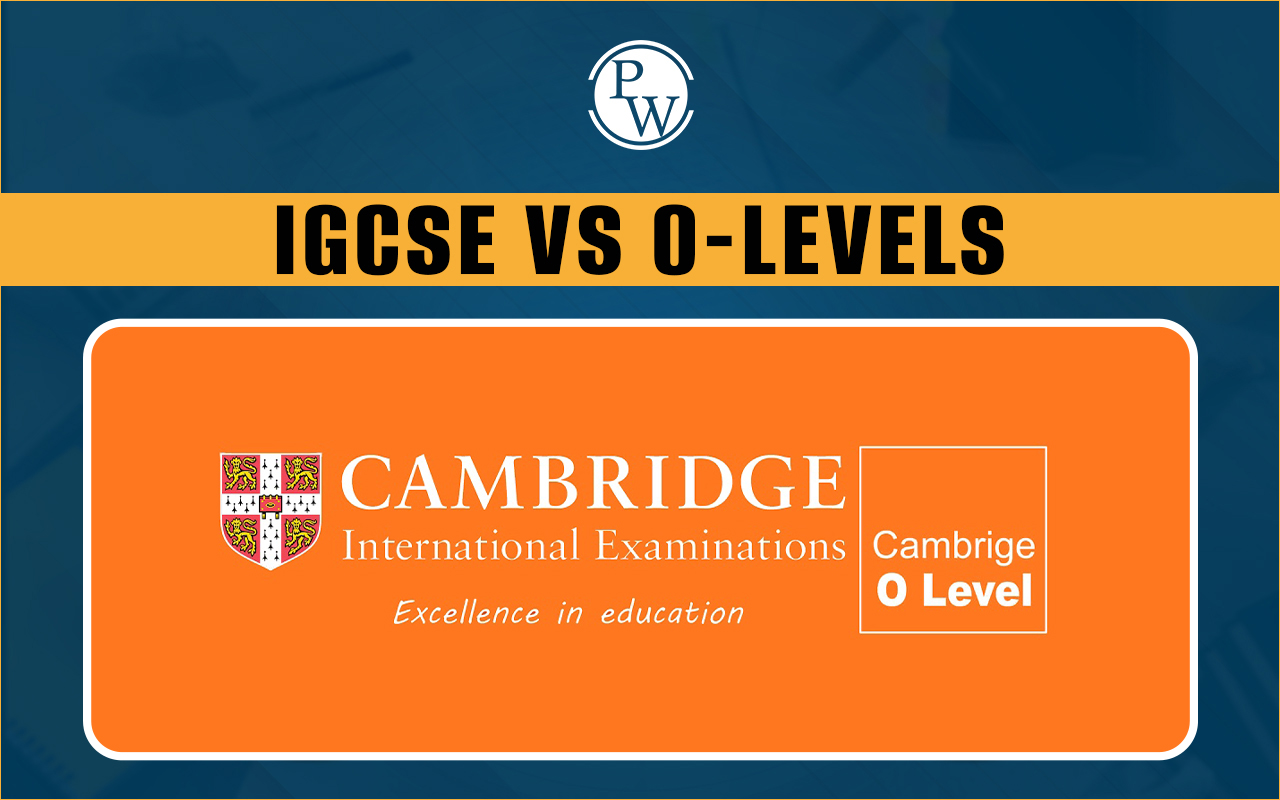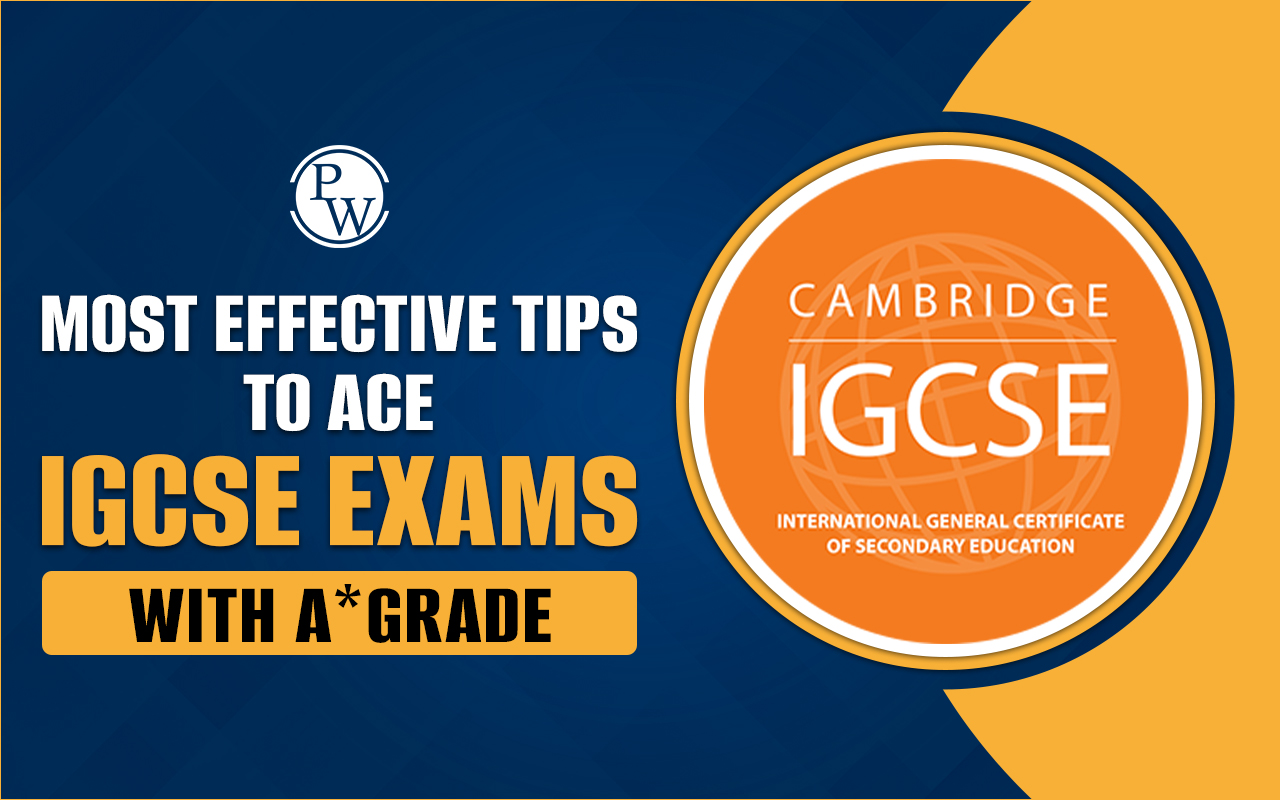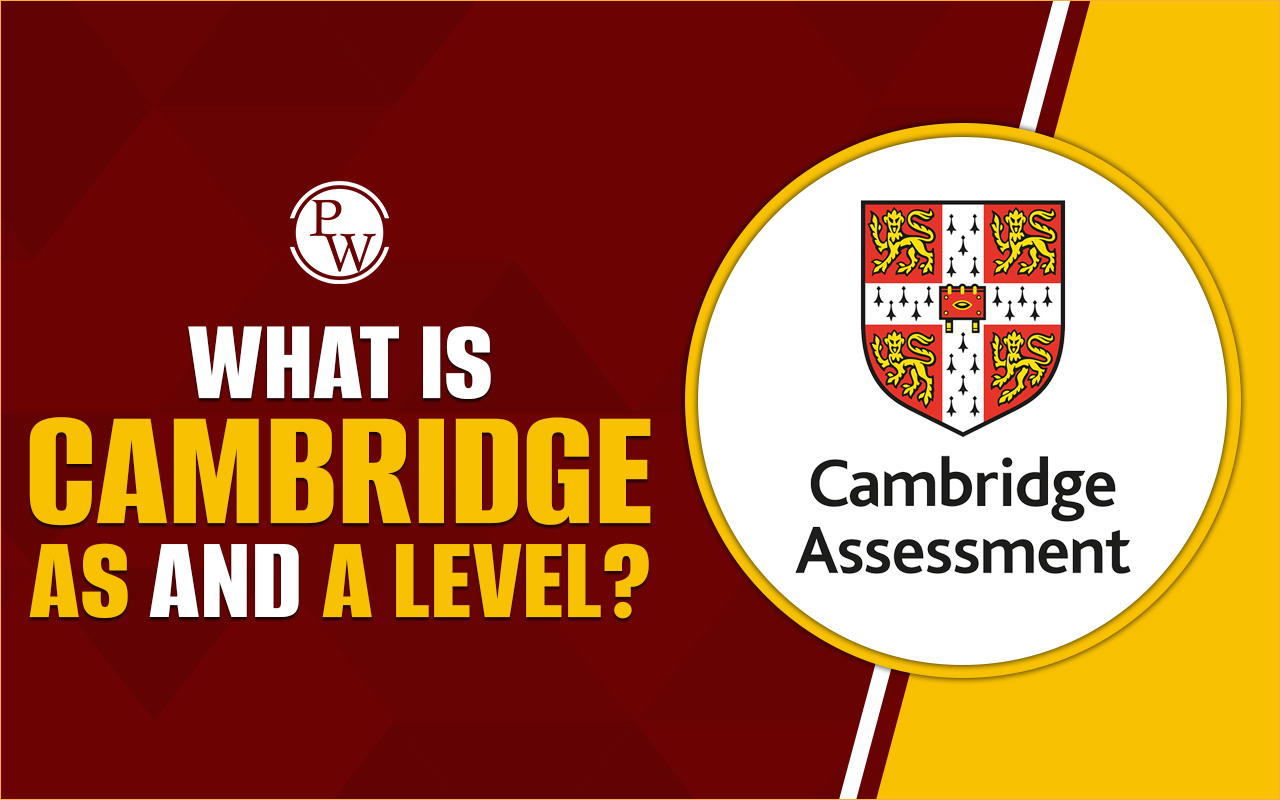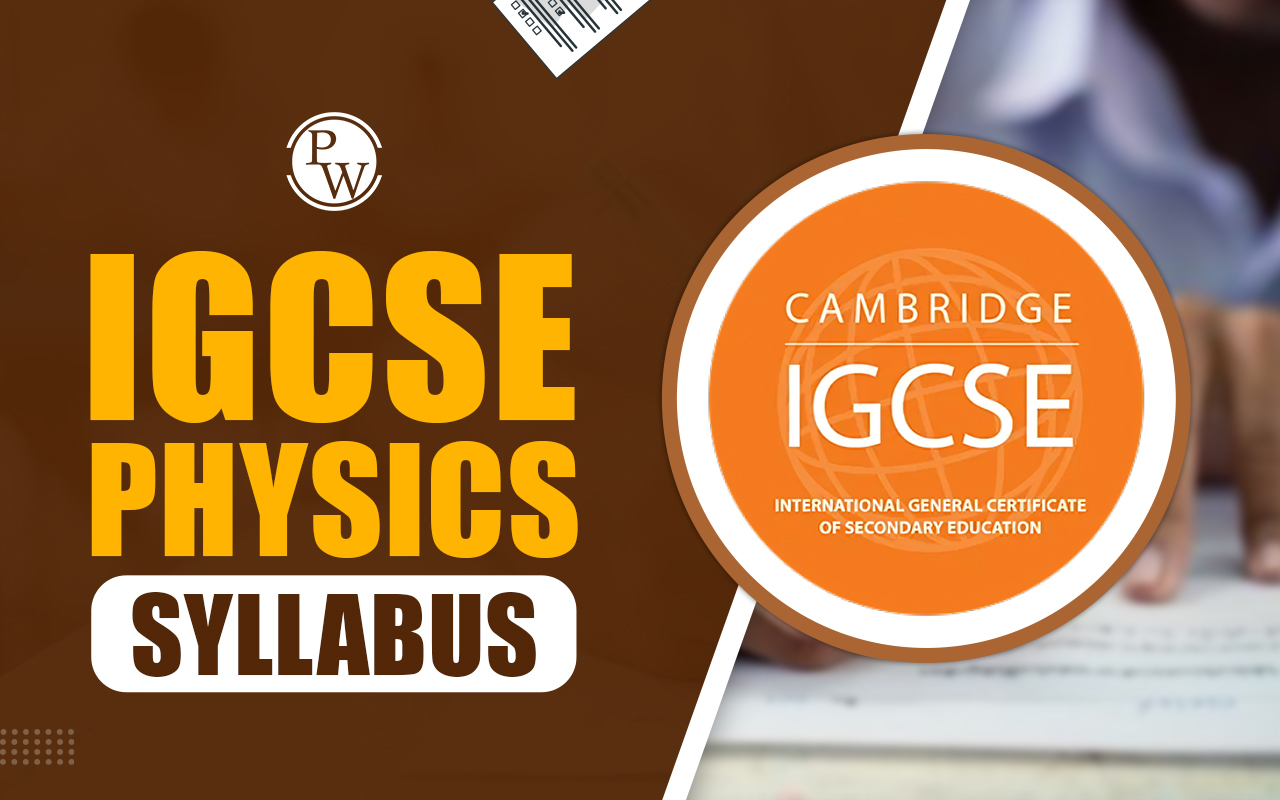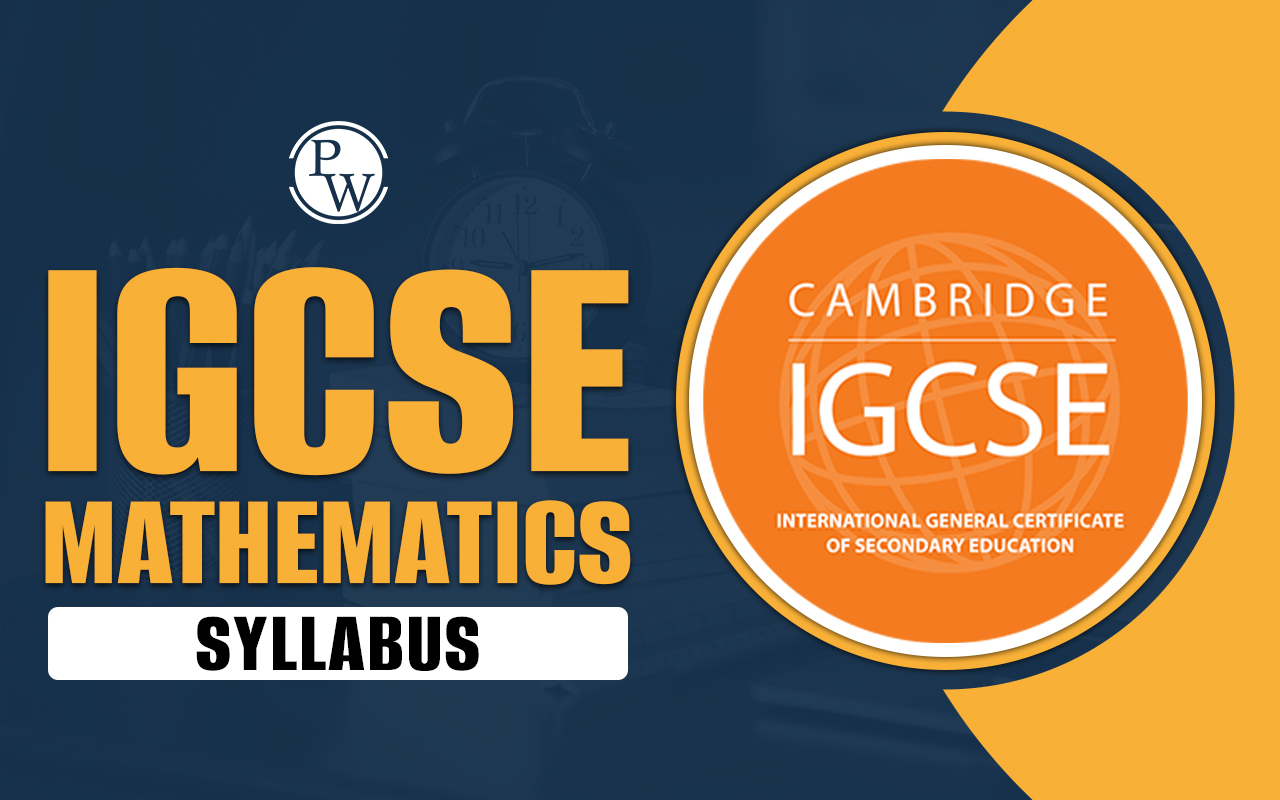
IGCSE Mathematics Syllabus poses challenges for many students, especially when it comes to applying theoretical concepts to real-world problems. To excel, students need a thorough understanding of the syllabus, which acts as a comprehensive guide to their preparation.
The Assessment Objectives outline the knowledge and skills that students are expected to demonstrate. Furthermore, the syllabus specifies the Weighting for Assessment Objectives as a percentage for both the Core Qualification and the Extended Qualification, ensuring that students know the importance of each skill area. This helps students focus more on sections that require extra attention, ensuring a balanced preparation approach. The syllabus applies for exams from 2025 to 2027, covering series in March, June, and November for Indian candidates.IGCSE Mathematics Syllabus Overview
The IGCSE Mathematics syllabus helps students build a strong foundation in mathematical concepts. Covering various topics and problem-solving skills, it prepares students for further education. Details are provided below.| IGCSE Mathematics Syllabus Overview | |
| S.No | Topic |
| 1 | Number |
| 2 | Algebra and graphs |
| 3 | Coordinate geometry |
| 4 | Geometry |
| 5 | Mensuration |
| 6 | Trigonometry |
| 7 | Transformations and vectors |
| 8 | Probability |
| 9 | Statistics |
Cambridge IGCSE Mathematics (0580) Syllabus PDF Download
The Cambridge IGCSE Mathematics (0580) Syllabus provides a comprehensive guide for students preparing for the IGCSE Mathematics exam. Covering essential topics such as numbers, algebra, geometry, and trigonometry, the syllabus is designed to develop mathematical understanding and problem-solving skills. It includes both core and extended options, ensuring flexibility based on a student's learning level. The syllabus also outlines the assessment structure and objectives. For detailed information, students can download the official Cambridge IGCSE Mathematics (0580) Syllabus PDF from the link below.
Assessment Objectives
AO1 Knowledge and understanding of mathematical techniques Candidates should be able to:- Recall and apply mathematical knowledge and techniques.
- Carry out routine procedures in mathematical and everyday situations.
- Understand and use mathematical notation and terminology.
- Perform calculations with and without a calculator.
- Organise, process, present, and understand information in written form, tables, graphs, and diagrams.
- Estimate, approximate, and work to degrees of accuracy appropriate to the context and convert between equivalent numerical forms.
- Understand and use measurement systems in everyday use.
- Measure and draw using geometrical instruments to an appropriate degree of accuracy.
- Recognise and use spatial relationships in two and three dimensions.
AO2 Analyse, interpret and communicate mathematically
Candidates should be able to:- Analyse a problem and identify a suitable strategy to solve it, including using a combination of processes where appropriate.
- Make connections between different areas of mathematics.
- Recognise patterns in a variety of situations and make and justify generalisations.
- Make logical inferences and draw conclusions from mathematical data or results.
- Communicate methods and results in a clear and logical form.
- Interpret information in different forms and change from one form of representation to another.
How to Choose the Cambridge IGCSE Subjects
Weighting for Assessment Objectives (Core Qualification)
The weighting for Core Qualification emphasizes basic mathematical understanding and application. Core students will be assessed on knowledge and communication skills. The breakdown of this assessment is detailed below.| Weighting for Assessment Objectives (Core Qualification) | |
| Assessment Objective | Weighting in IGCSE % |
| AO1 Knowledge and understanding of mathematical techniques | 60–70% |
| AO2 Analyse, interpret and communicate mathematically | 30–40% |
| Total | 100% |
Weighting for Assessment Objectives (Extended Qualification)
For the Extended Qualification, the focus shifts to more advanced problem-solving and analytical skills. The extended IGCSE syllabus assesses in-depth understanding. You can find detailed information below.| Weighting for Assessment Objectives (Extended Qualification) | |
| Assessment Objective | Weighting in IGCSE % |
| AO1 Knowledge and understanding of mathematical techniques | 40–50% |
| AO2 Analyse, interpret and communicate mathematically | 50–60% |
| Total | 100% |
Weighting as a Percentage of Each Component
This section covers how each assessment component, such as papers or exams, contributes to the final grade. It is divided between knowledge, problem-solving, and communication, as detailed below.| Weighting as a Percentage of Each Component | ||||
| Assessment Objective | Paper 1 | Paper 2 | Paper 3 | Paper 4 |
| AO1 Knowledge and understanding of mathematical techniques | 60–70% | 40–50% | 60–70% | 40–50% |
| AO2 Analyse, interpret and communicate mathematically | 30–40% | 50–60% | 30–40% | 50–60% |
| Total | 100% | 100% | 100% | 100% |
Tips to Study IGCSE Mathematics Syllabus
Studying the IGCSE Mathematics syllabus requires consistent practice, understanding core concepts, and solving IGCSE past papers . Key strategies and expert tips to excel are elaborated in the sections below. Common Mistakes Log - Creating a mistakes log can be incredibly helpful. After practicing past papers, write down the specific mistakes you made, the correct answer, and why your solution was incorrect. This will help you avoid repeating similar mistakes in future practice or on exam day. Past Paper Tracker - Tracking the past papers you’ve completed will allow you to see your progress and identify which areas need more attention. Write down the paper variant, year, and marks received, and use it to focus your next steps. Calculator Familiarity - Get comfortable with your calculator. It’s crucial to know how to input complex equations, especially in areas like trigonometry, without making entry mistakes. Practice with it frequently to ensure you don't lose marks due to technical issues. Plan Your Answers - In the exam, use the blank pages at the back of your paper for planning. If you're unsure about a question, sketch your thoughts out on these pages before committing them to your final answer space. Exam Time Management - Time is precious in exams, so if a question takes too long to answer, skip it and come back later. Efficient time management will allow you to complete the entire paper and revisit skipped questions with a clearer mind. Confidence Through Practice - The more you practice, the more familiar you become with the types of questions you’ll face, building both speed and confidence. Regular practice ensures that you can tackle difficult problems without stress during the exam. Common Question Patterns - Certain question patterns repeat themselves, especially in Paper 4 (e.g., graph functions and problem-solving). By practicing past papers, you'll recognize these patterns and be better prepared to tackle them in the actual exam. Formula Sheet - Prepare a formula sheet for chapters like trigonometry and geometry. Although you will naturally memorize formulas through practice, a handy formula sheet can be a helpful revision tool during your study sessions.| International Boards Other Related Topics | |
| IGCSE Chemistry Syllabus | IGCSE vs ICSE |
IGCSE Mathematics Syllabus FAQs
How is the IGCSE Mathematics exam structured?
Students are assessed through multiple papers, including multiple-choice, structured questions, and practical assessments.
What are the Assessment Objectives in IGCSE Mathematics?
The objectives include knowledge of mathematical techniques, problem-solving, and communicating mathematically.
What is the weighting for different assessment objectives?
Each assessment objective has a specific weighting, which varies for Core and Extended qualifications, ensuring balanced evaluation.
What are the main components of the IGCSE Mathematics syllabus?
The IGCSE Mathematics syllabus is assessed through four papers. Core students take Paper 1 (short-answer questions) and Paper 3 (longer structured questions), while Extended students take Paper 2 and Paper 4, which are more advanced and require in-depth problem-solving.
What is the difference between Core and Extended levels?
Core focuses on foundational concepts, while Extended covers more advanced material, offering students a chance to achieve higher grades.
🔥 Trending Blogs
Talk to a counsellorHave doubts? Our support team will be happy to assist you!

Free Learning Resources
PW Books
Notes (Class 10-12)
PW Study Materials
Notes (Class 6-9)
Ncert Solutions
Govt Exams
Class 6th to 12th Online Courses
Govt Job Exams Courses
UPSC Coaching
Defence Exam Coaching
Gate Exam Coaching
Other Exams
Know about Physics Wallah
Physics Wallah is an Indian edtech platform that provides accessible & comprehensive learning experiences to students from Class 6th to postgraduate level. We also provide extensive NCERT solutions, sample paper, NEET, JEE Mains, BITSAT previous year papers & more such resources to students. Physics Wallah also caters to over 3.5 million registered students and over 78 lakh+ Youtube subscribers with 4.8 rating on its app.
We Stand Out because
We provide students with intensive courses with India’s qualified & experienced faculties & mentors. PW strives to make the learning experience comprehensive and accessible for students of all sections of society. We believe in empowering every single student who couldn't dream of a good career in engineering and medical field earlier.
Our Key Focus Areas
Physics Wallah's main focus is to make the learning experience as economical as possible for all students. With our affordable courses like Lakshya, Udaan and Arjuna and many others, we have been able to provide a platform for lakhs of aspirants. From providing Chemistry, Maths, Physics formula to giving e-books of eminent authors like RD Sharma, RS Aggarwal and Lakhmir Singh, PW focuses on every single student's need for preparation.
What Makes Us Different
Physics Wallah strives to develop a comprehensive pedagogical structure for students, where they get a state-of-the-art learning experience with study material and resources. Apart from catering students preparing for JEE Mains and NEET, PW also provides study material for each state board like Uttar Pradesh, Bihar, and others
Copyright © 2026 Physicswallah Limited All rights reserved.

